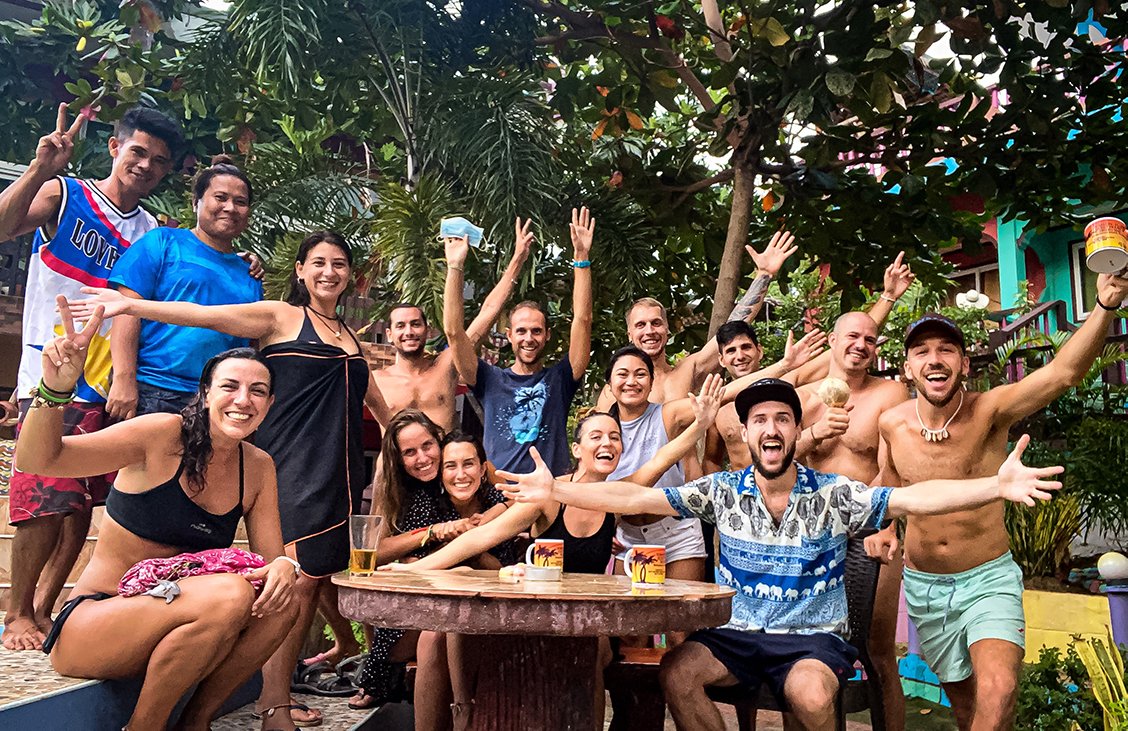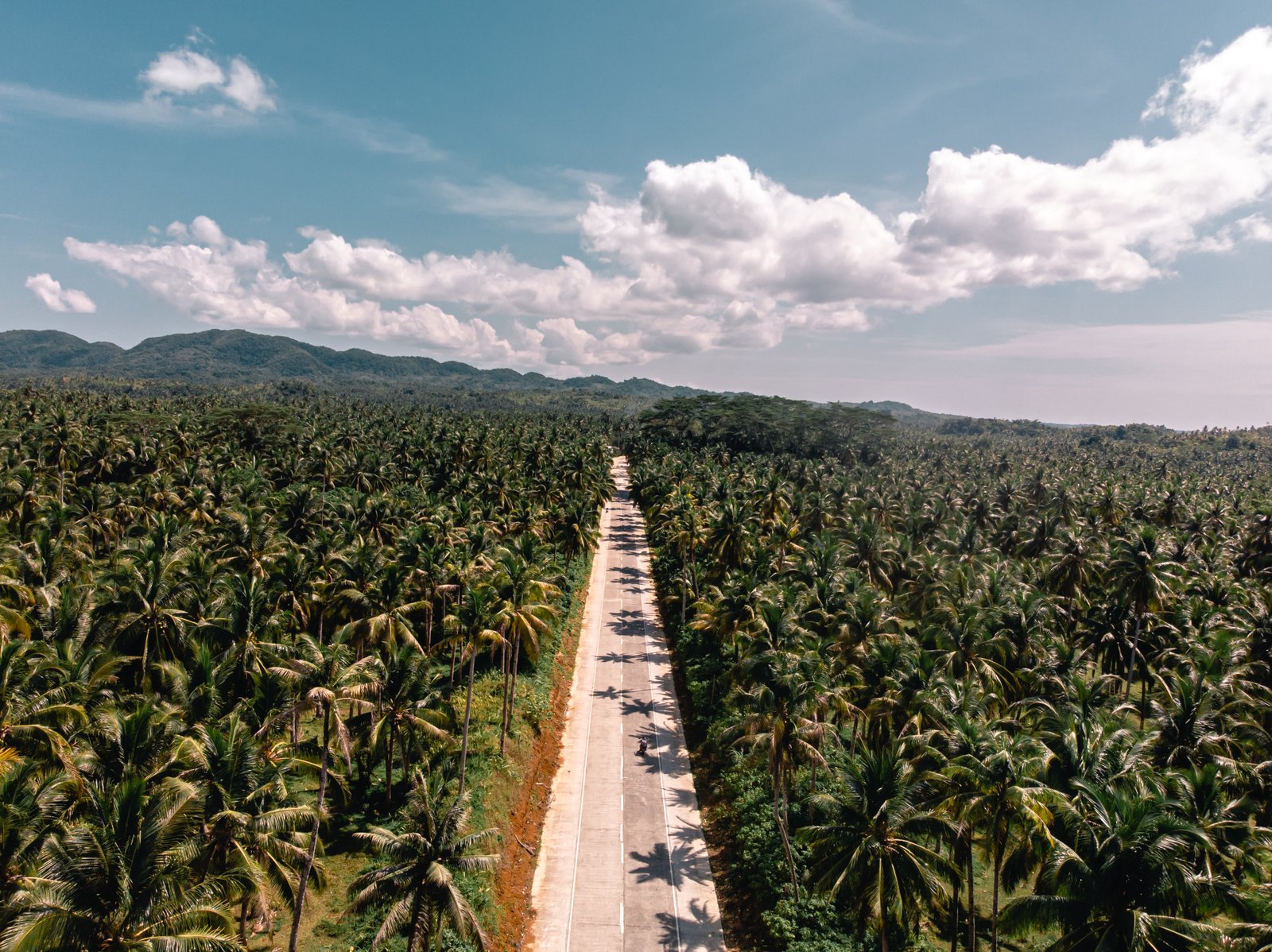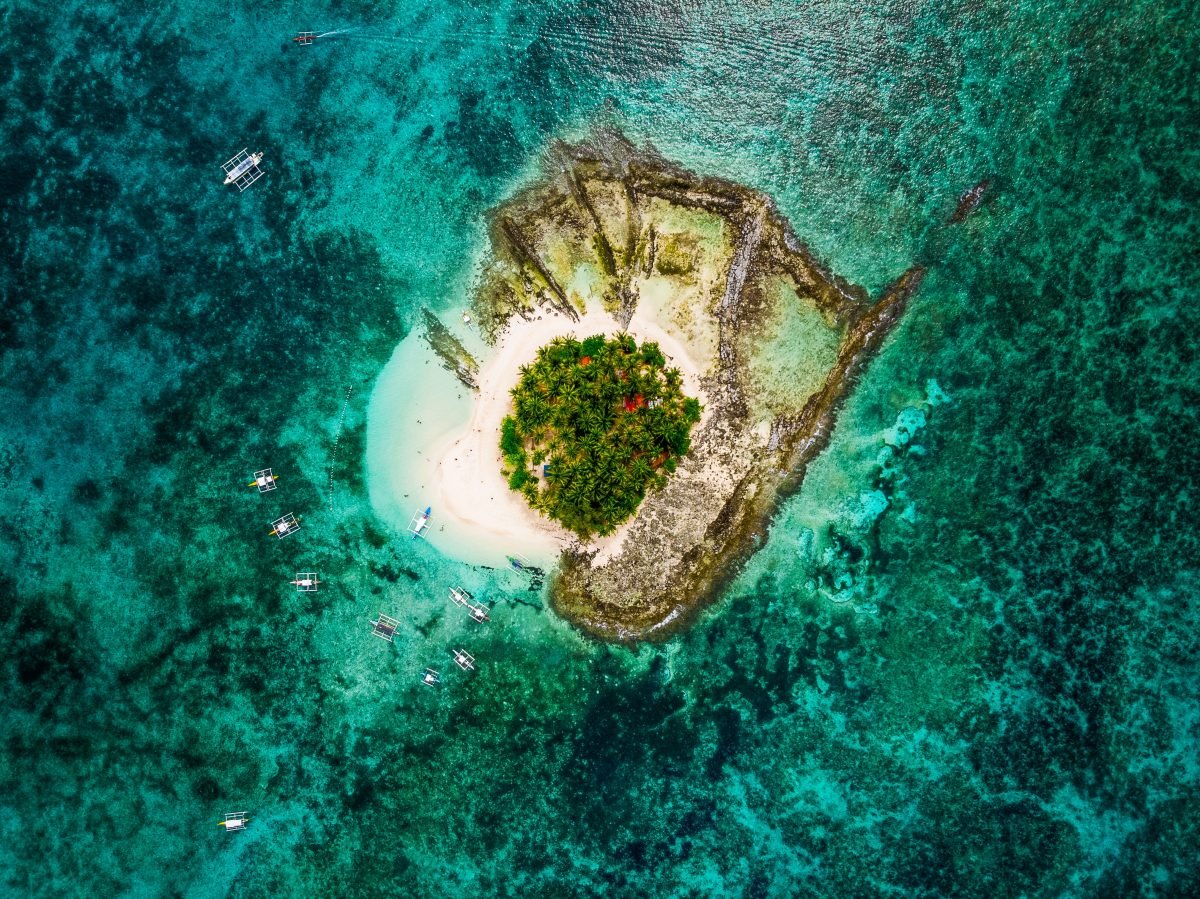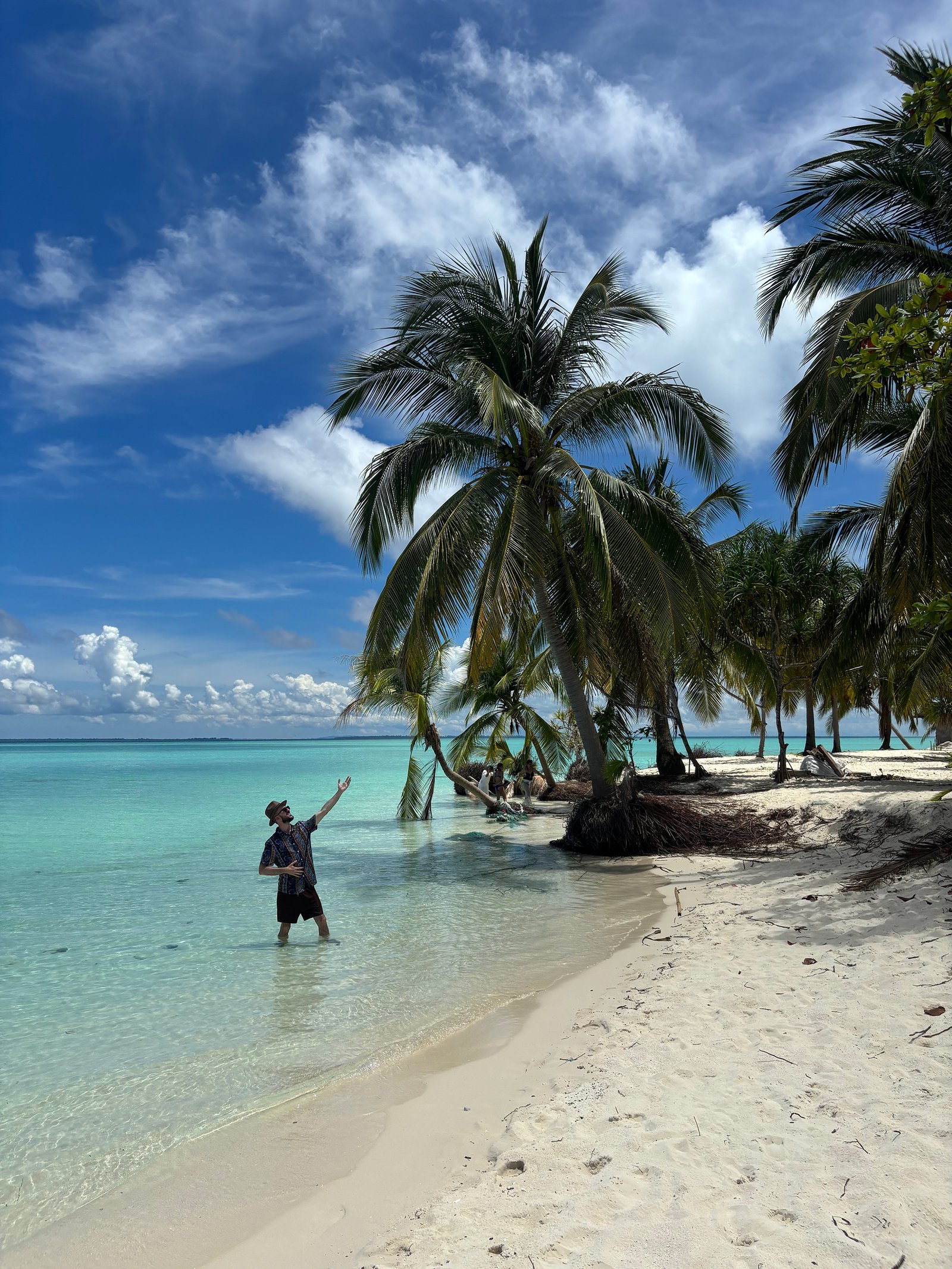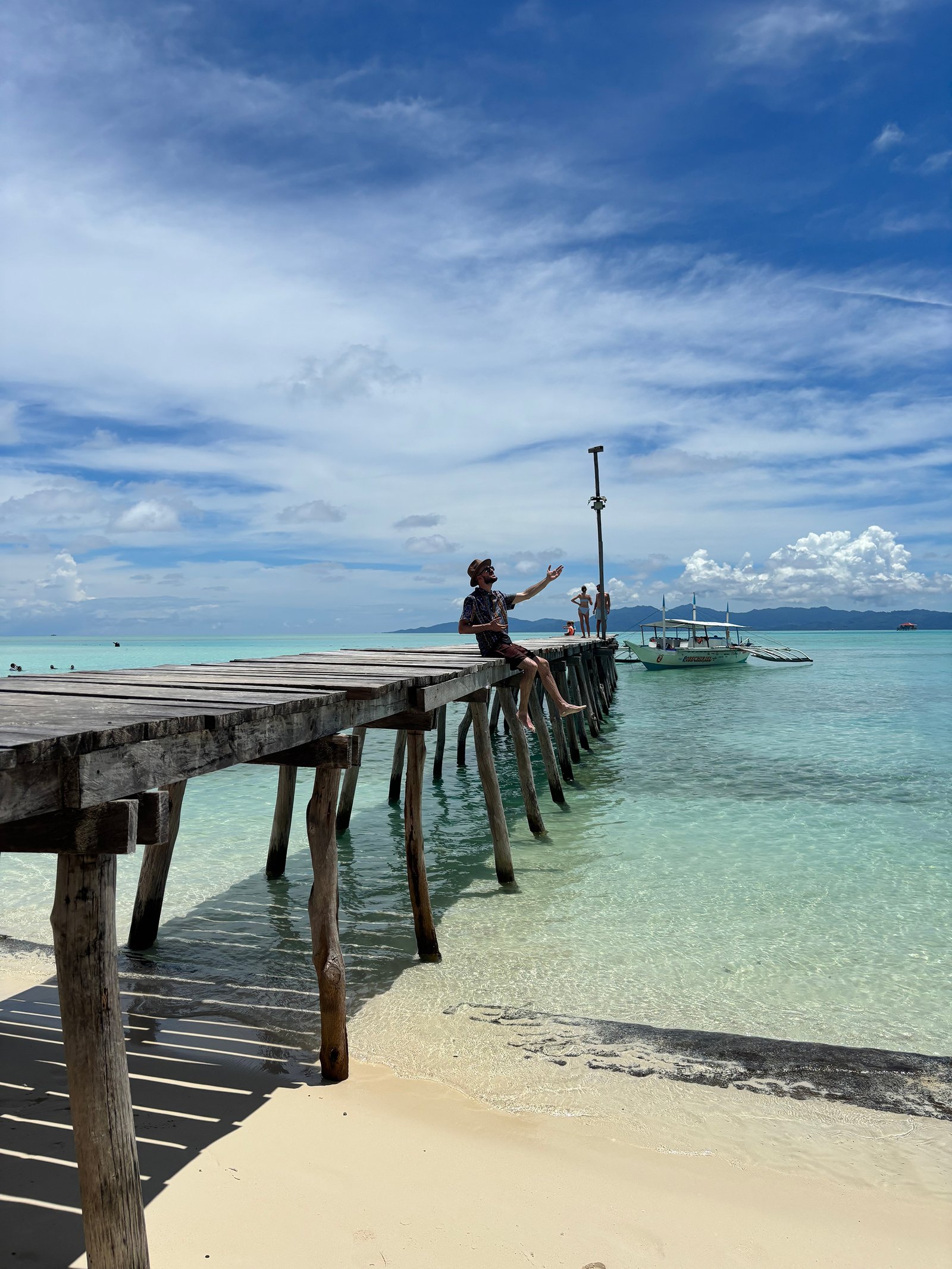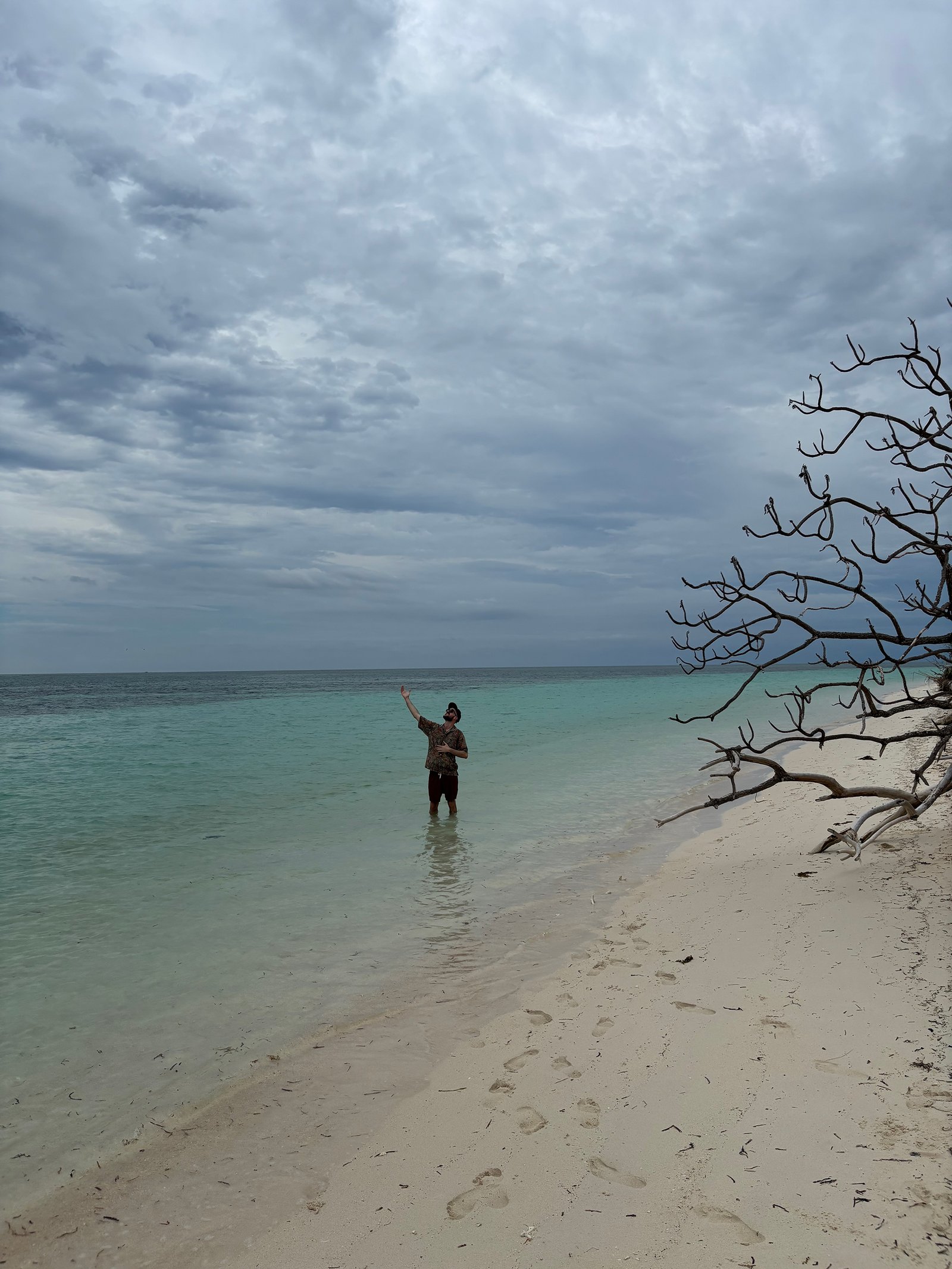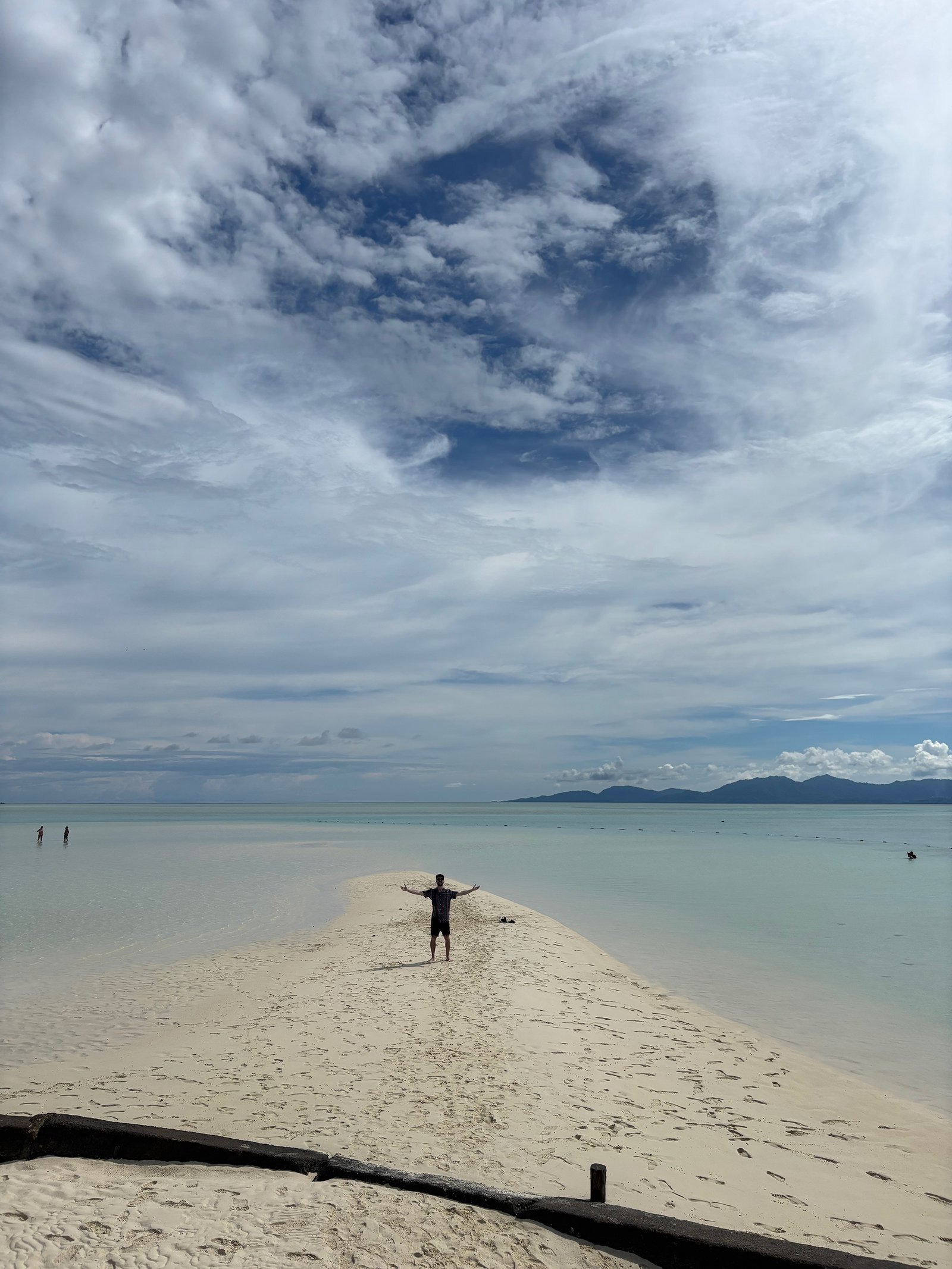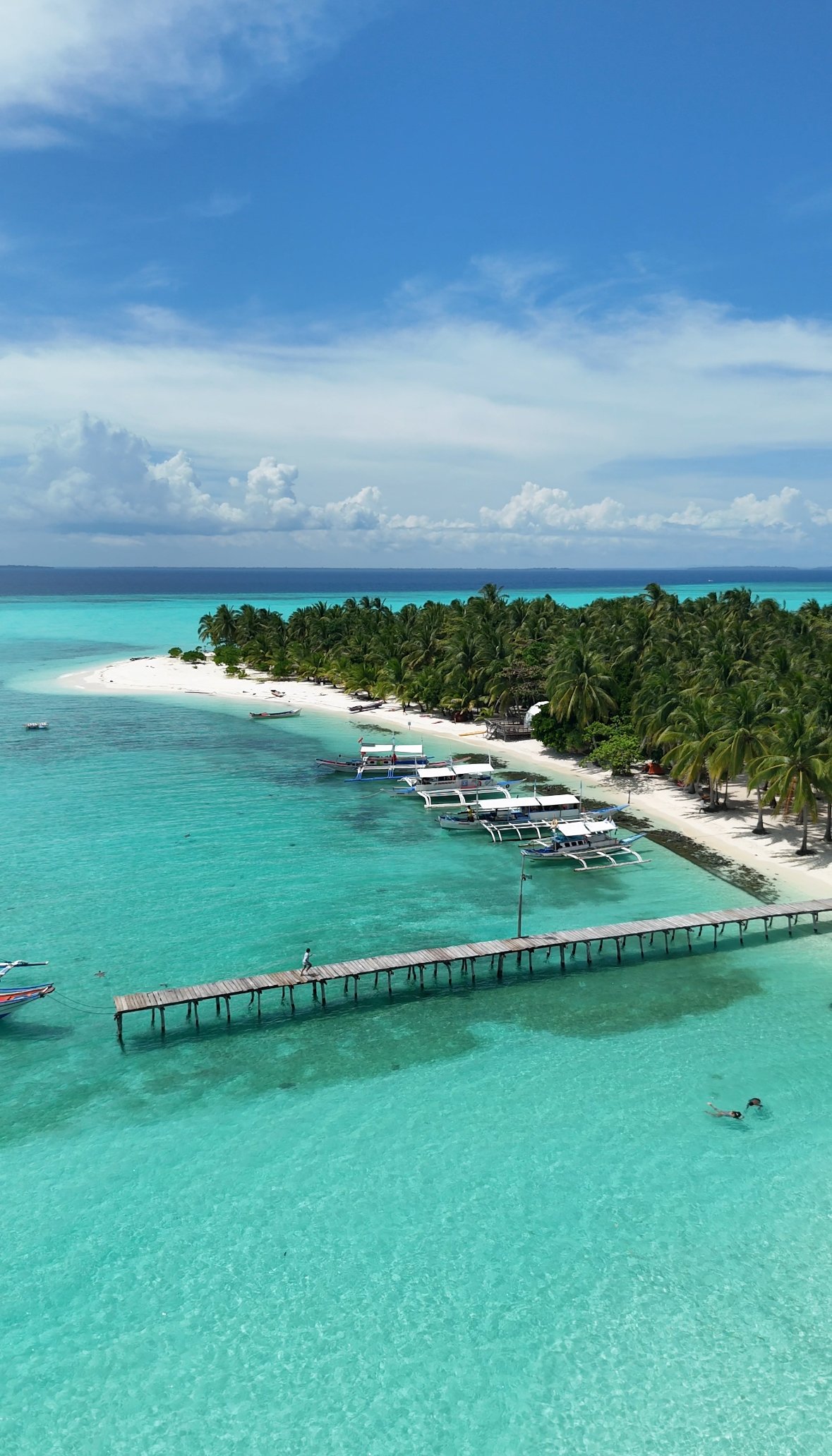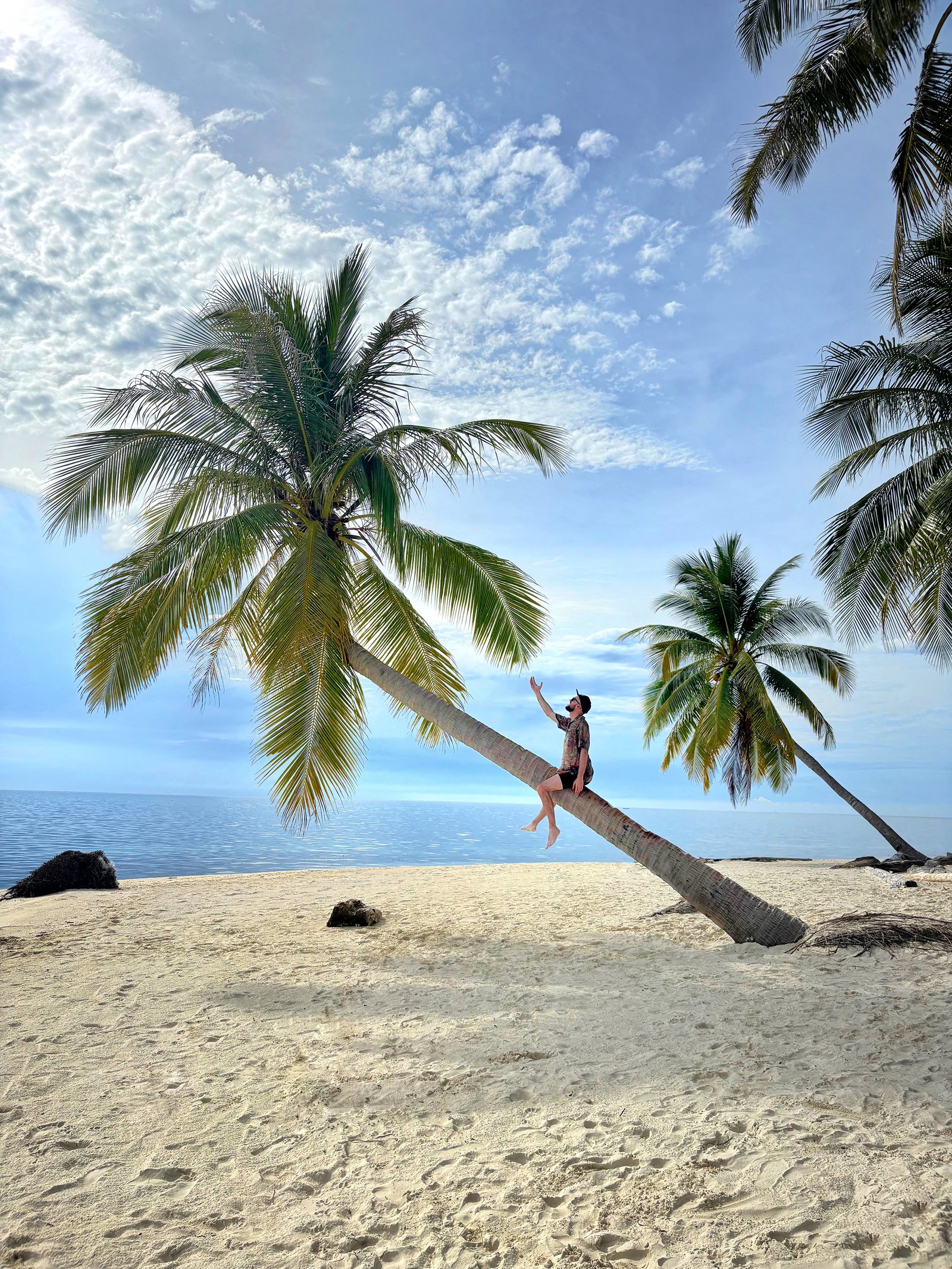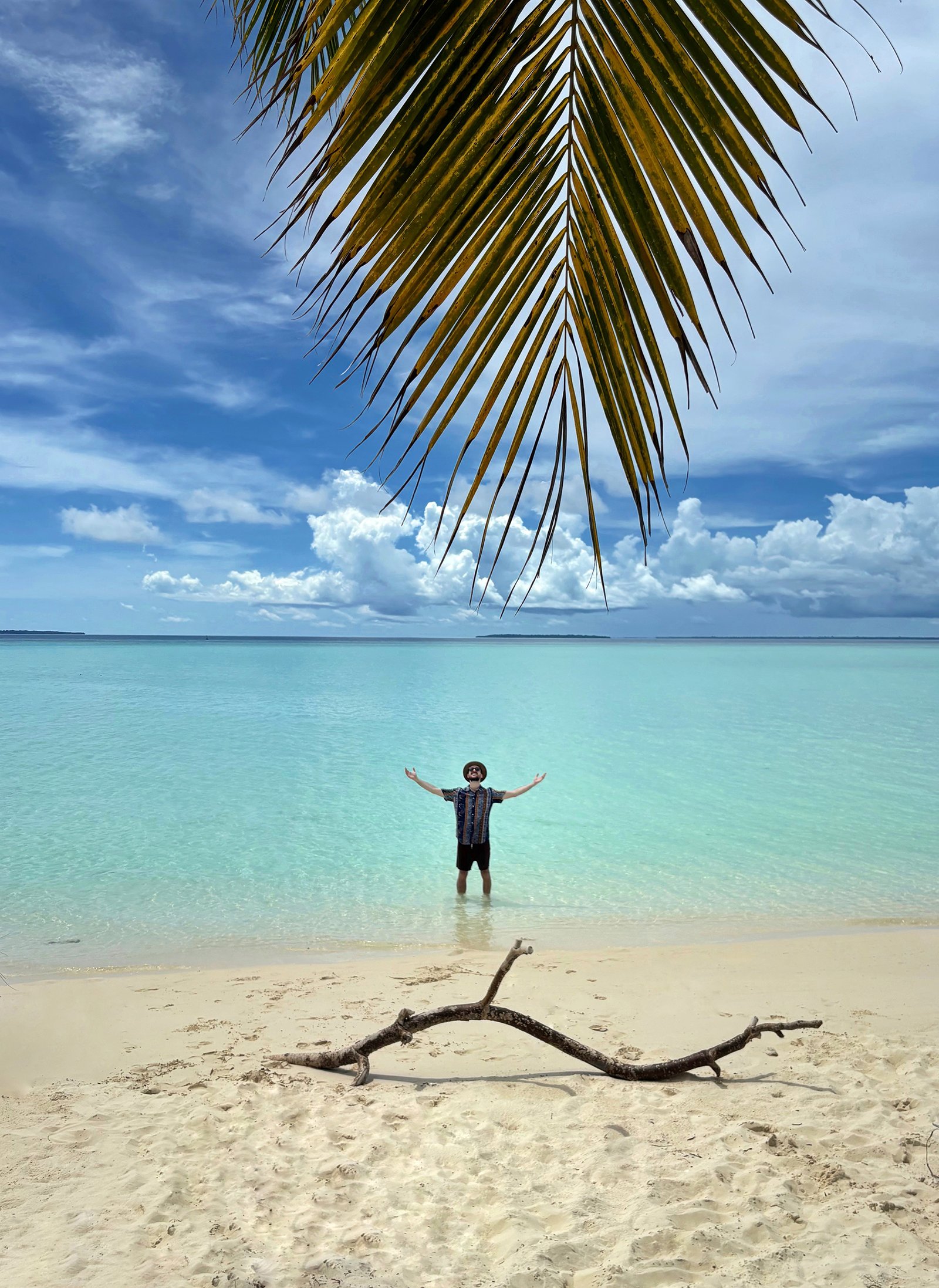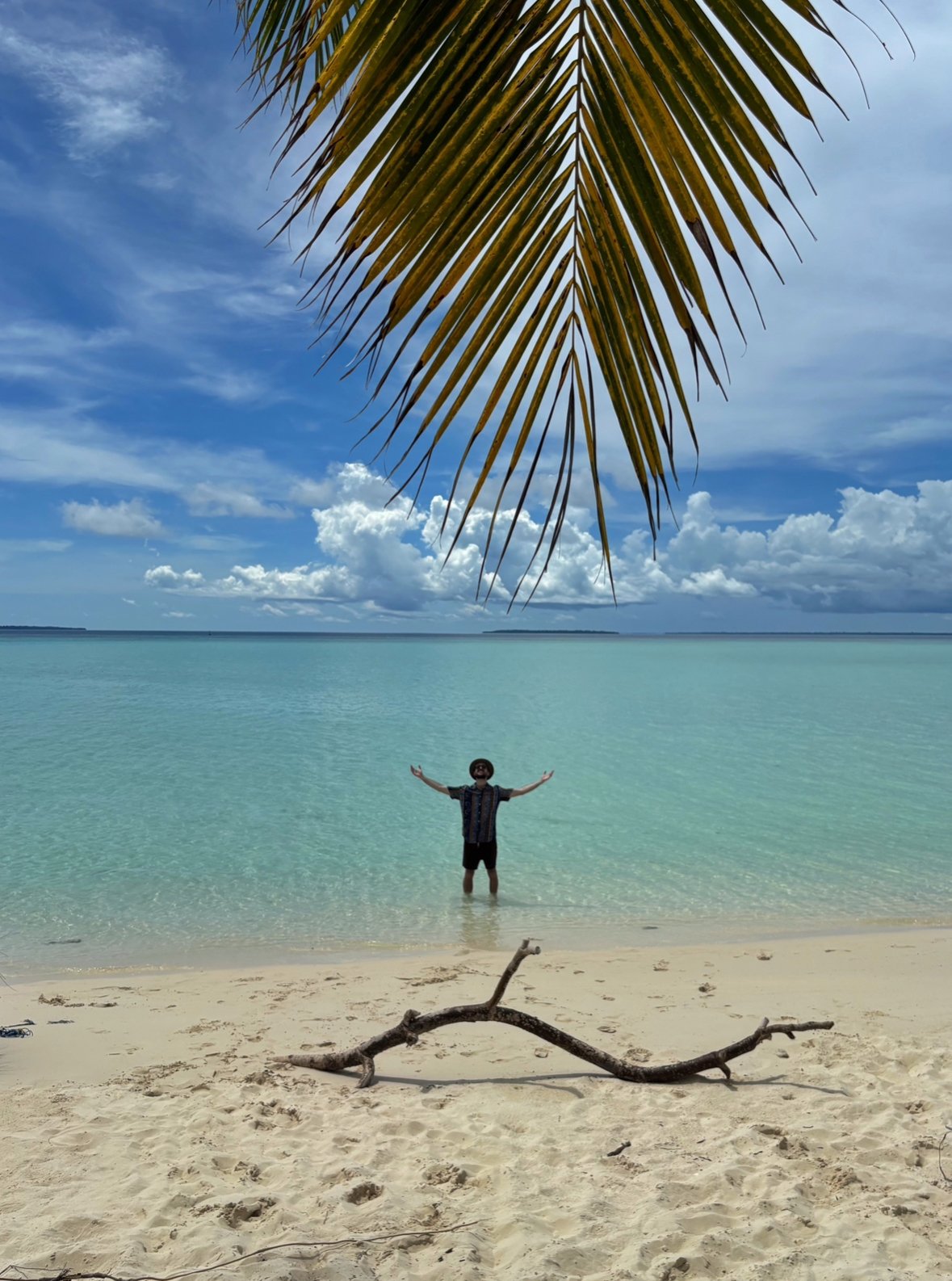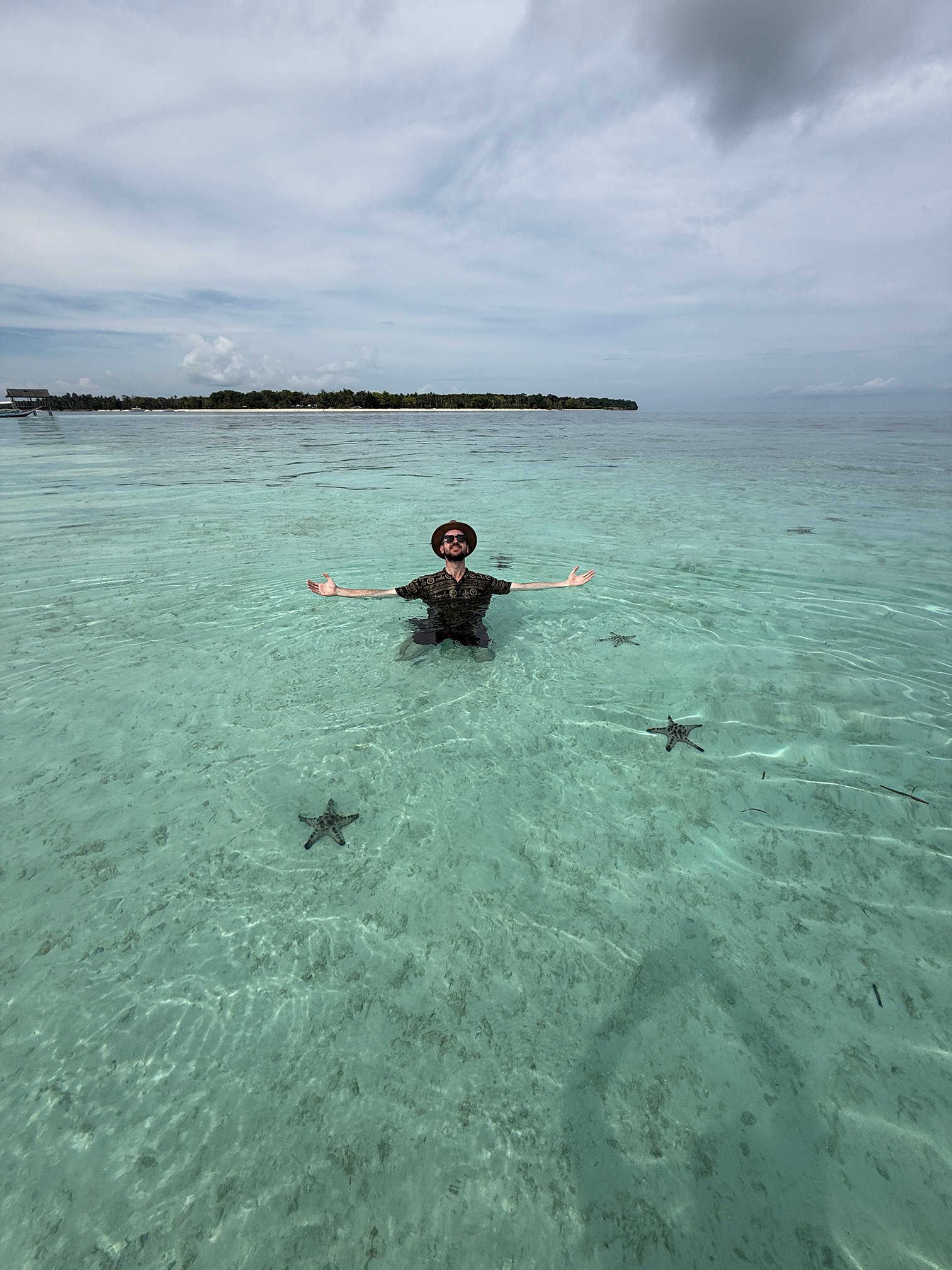Just Go Happy Blogs
How to Travel Solo Safely as a Young Adult: Your Ultimate Safety Guide
How to Travel Solo Safely as a Young Adult
Solo travel as a young adult gives you freedom that group trips just can't match. You pick where to eat, what to see, and how long to stay anywhere. Nobody else's schedule matters. But this freedom means you need to be smart about staying safe, especially when you're far from home and everything feels new.
Young people between 18 and 25 are traveling solo more than ever before. You're at the perfect age for this kind of adventure. You're old enough to handle yourself but young enough to bounce back from mistakes. Still, solo travel as a young adult comes with risks that need real planning.
Getting Ready for Your Solo Trip
Do your homework before you go anywhere. Check what your government says about the place you want to visit. The State Department website isn't exciting reading, but it tells you things travel blogs won't mention. Things like recent crime trends or areas to avoid completely.
Pick your first solo destination carefully. Some places are just easier for beginners. New Zealand feels like a big adventure but has great safety records. Singapore is exotic but super organized. Denmark might seem boring, but you can walk around at 2 AM without worrying.
Book your first night somewhere before you land. Walking around a new city with all your stuff, looking for a place to sleep, makes you an easy target. Hostels work great for solo travel as a young adult because other travelers are around, and most have decent security.
Make a loose plan but don't pack every minute. Solo travel works best when you can change your mind. But having some structure helps you stay on track and makes it easier for people back home to know where you are.
Handling Money on Your Own
Money problems become safety problems fast when you're traveling alone. Never put all your cash in one place. Split it between your wallet, a money belt, and somewhere in your luggage. If someone robs you or you lose your bag, you won't be completely broke.
Tell your bank you're leaving the country. Getting your cards frozen in a foreign ATM is a nightmare you can avoid with one phone call. Set up mobile banking if you haven't already. Know how to send yourself money from home if everything goes wrong.
Budget more than you think you need. Solo travel as a young adult costs more because you can't split rooms or taxi rides. Having extra money gives you options when things don't go as planned. You can take a safer taxi instead of walking alone at night. You can change hotels if your first choice feels sketchy.
Staying in Touch
Set up a check-in routine with someone back home. This doesn't mean calling your mom every day, but pick someone reliable and stick to a schedule. Maybe it's a text every few days or a call once a week. Just be consistent so they know when to worry.
Share your plans with people you trust. Send them your flight info, hotel bookings, and big activities. Apps like Google Maps let you share your location, but watch your battery and data usage.
Get connected when you arrive. A local SIM card or international data plan might cost extra, but being able to use maps, translate signs, and call for help is worth it. Download offline maps too, in case your signal cuts out.
Getting Around Safely
Public transportation usually beats taxis for safety and cost. Research the system before you arrive. Many cities sell tourist cards that include maps and instructions. Trains and buses in most developed countries are safe and reliable.
Ride-sharing apps work well for solo travel as a young adult, especially in places where they're common. You get the driver's info and trip tracking that regular taxis don't offer. But stick to the official apps, not random car services.
Don't hitchhike or take rides from strangers. This might sound obvious, but some places have such friendly vibes that it feels safe when it isn't. That nice local who offers to drive you to your hotel might be genuinely helpful, or they might not be.
Sit near drivers or in busy, well-lit areas on any transport. Trust your gut if something feels off. Get off at the next safe stop if you need to. Better to be late than sorry.
Picking Safe Places to Stay
Location matters more than fancy amenities when you're traveling solo. A decent place in a safe neighborhood beats a luxury hotel in a sketchy area. Read recent reviews and focus on what people say about safety and the surrounding streets.
Hostels still work great for solo travel as a young adult. You meet other travelers, and most have good security like key cards and lockers. Look for places with bright lighting, staff at the front desk, and clear safety rules.
Private rentals through Airbnb can work, but you need to be more careful. Pick listings with lots of good reviews and hosts who respond quickly to messages. Chat with hosts before booking to see how they handle questions.
Check your room when you arrive. Make sure locks work, windows close properly, and nothing looks broken or unsafe. Find the emergency exits just like you would at a hotel. Basic stuff, but important when you're on your own.
Meeting People Without Compromising Safety
Solo travel doesn't mean being alone all the time. Meeting other travelers and locals creates a network that can help keep you safe. The key is doing it smart.
Hang out in hostel common areas, coffee shops that cater to travelers, and co-working spaces. Join group activities like walking tours or cooking classes where you meet people in structured, public settings.
Travel apps and online groups can help you connect with other young adults, but always meet new people in public first. Many cities have Facebook groups or meetups just for travelers and expats.
Listening to Your Gut
Your instincts are your best safety tool during solo travel. If something feels wrong, leave. Young adults sometimes ignore these feelings because they want to seem experienced or don't want to be rude. Your safety is more important than anyone's feelings.
Learn about common scams before you travel. They're different everywhere, but usually involve distractions, fake emergencies, or overly helpful strangers. Research what's common where you're going and practice saying no politely but firmly.
Staying Healthy and Prepared
Pack a good first-aid kit and actually know how to use it. Include your prescriptions, basic pain relievers, bandages, and anything specific to where you're going. If you're heading somewhere with malaria risk, you need different supplies than if you're going to Europe.
Research medical care at your destination. Know how to access help as a foreigner. Some countries require travel insurance to enter. Others have great public healthcare that tourists can use.
Keep emergency contacts easy to find. This includes local emergency numbers, your embassy or consulate, your insurance company, and people back home who can help.
Respecting Local Culture
Understanding how things work where you're going helps keep you safe. What's normal at home might get you unwanted attention somewhere else. Simple things like how you dress or act can make you stand out as a target.
Research dress codes, especially for religious sites or conservative areas. Packing the right clothes shows respect and helps you blend in instead of screaming "tourist."
Learn basic phrases in the local language. Know how to ask for help, say no clearly, and ask for directions to your hotel. Even a little bit of the language can improve your safety and make your trip better.
Making Solo Travel Work for You
Solo travel as a young adult teaches you things you can't learn any other way. You'll figure out problems on your own, build confidence, and understand different cultures. These skills stick with you long after you come home.
Keep track of your experiences, but be smart about social media while traveling. Posting where you are in real-time can put you at risk and advertise that you're not home.
Stay flexible when things go wrong. Solo travel always includes surprises, but handling them successfully makes you stronger and more confident for next time.
Millions of young adults travel solo safely every year. With good preparation, smart choices, and paying attention to what's happening around you, you can have amazing adventures while staying safe the whole time.

